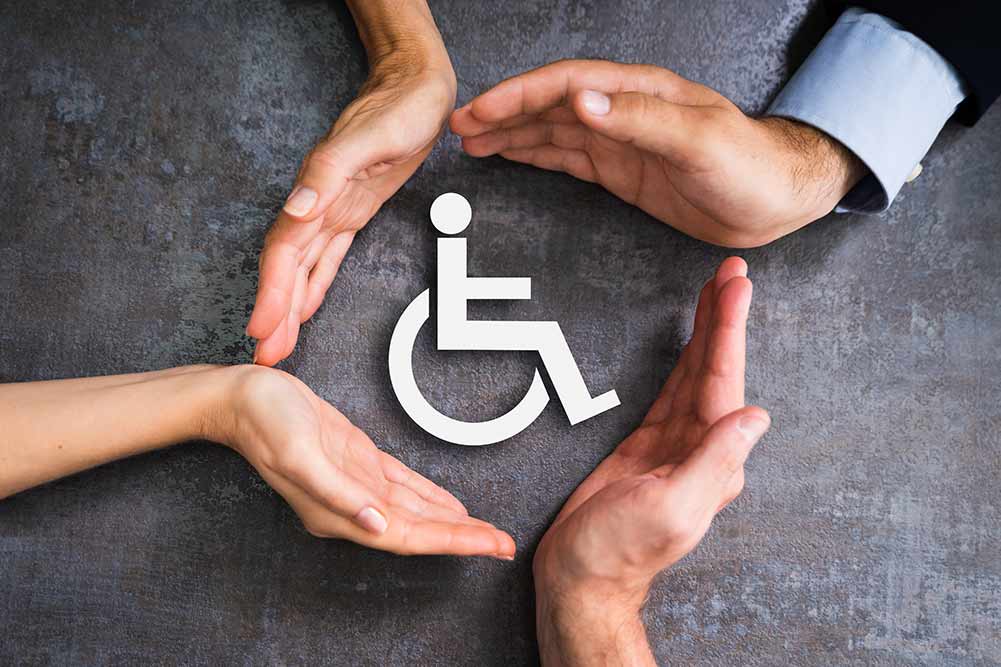It's not just when you're alone that you feel lonely. Some people do, as a matter of fact, value their alone time. On the other hand, just because you're surrounded by people doesn't mean you won’t feel lonely. Even if you're surrounded by friends or family, you may feel entirely alone if you don't feel connected to anyone or feel that no one understands you.
Loneliness is a common occurrence in human life. However, if left uncontrolled, it can be detrimental to your emotional and physical well-being. According to some research, loneliness is as harmful to your health as smoking 15 cigarettes a day.

Why Do People Feel Lonely?
There are a plethora of reasons why people are lonely. Here is a handful of the most significant ones.
Fading Friendships: Have you ever felt disconnected from your friends even though they are only a call or text away? It’s not uncommon to feel that way. But establishing a buddy system that works as your safety net will help you feel better when loneliness strikes.
Being Single: If you’ve been single for far too long or if you have just broken up, you could be seeking the pleasures of meaningful companionship. In any case, while building a lasting relationship takes time, if you haven’t learnt to be happy by yourself, being single can make you feel lonely.
Not Fitting In: In any event, feeling out of place can exacerbate the symptoms of loneliness and make it more difficult to make friends and feel connected.
Caregiving: Taking care of a parent or a sibling, being the primary caregiver for a family member who is ill or disabled might make you feel like you're carrying the weight of the world on your shoulders. After all, many of your friends will have no idea what it's like to have a sibling with Down's syndrome or a mother who suffers from bipolar disorder. So being a caregiver can make you feel as if you can't truly talk to others, let alone invite them over for dinner or a sleepover.
Not Knowing How To Be Alone: Many of us feel completely lost when we are left with ourselves, our thoughts and absolute nothingness. We don’t know how to use our time or feel sufficient all by ourselves. This can make you perceive your time alone as loneliness instead of blissful solitude.

Other factors may also include:
Mental Illness: Many mental conditions, such as bipolar disorder, anxiety, and depression, can make people feel extremely lonely.
Disability: People with a variety of disabilities may frequently feel as if no one cares about them. If individuals in public are unpleasant or impolite, these sentiments can become even worse, and daily discrimination can make loneliness even more difficult to bear.
Racism: People who have experienced racism claim that discrimination makes them feel alone and makes it difficult to develop genuine friendships. Racism comes in many forms, all of which are harmful, thus even a 'small' or 'casual' act of racism can have a significant impact on someone's self-esteem.
Combating Loneliness
Whether you suffer from occasional feelings of loneliness when you're alone at home or a deep sense of loneliness that never goes away, it's critical to confront such feelings healthily. Here are a few things you can do.
1. Acknowledge Your Feelings
Don't waste your time battling your emotions or denying them altogether. Everyone experiences loneliness from time to time. And being lonely does not imply that you are a loser or a weak person. It simply means you're a person.
Labelling your feelings has been shown in studies to diminish their intensity. Putting a name to your loneliness could help your brain make sense of how you're feeling and make you feel over time.

2. Reconnect With Old Friends
Making new acquaintances isn't always as easy as reconnecting with existing ones. Over the years, you may have lost contact with your college roommate. Maybe you have a cousin with whom you don't communicate very regularly.
You may contact them to see how they're doing. Discuss how you've been missing being able to catch up and how you'd like to reconnect.
Because you already have things in common, you may find it easier to connect with former classmates, people from your old area, or past coworkers. Reminiscing may help you reconnect, and you may find that you may create a relationship in the future.
To begin, it's fine to reach out to folks via social media or text message. However, try to follow up by calling, video chatting, or meeting in person. Face-to-face communication may be more effective than texting in alleviating loneliness.
3. Join A Group Or Club
Look for activities in your town that seem intriguing to you. There are certainly numerous ways to connect with individuals in your area, from reading clubs and gardening clubs to hiking groups and business associations.
To find out what's going on in your neighbourhood, check your local newspaper or a networking website. Attend an event and make it a point to speak with as many individuals as possible. Attending a few different events or joining a few different clubs could help you meet more people.

4. Channel Your Creativity
Creative outlets can help you live in the moment and increase your mood. That means fewer doomsday scenarios about 'being alone forever' and less ruminating on previous mistakes like 'I can't believe she said that to me.'
Make it a priority to develop a hobby if you don't already have one. Experiment with several activities, until you find something you enjoy. This will also help you see time alone as productive and joyful.
5. Exercise
We know exercise is excellent for being healthy and stress-free, but have you considered using it to meet new people? It's perfectly acceptable if you're not already a football great or a basketball ninja. There are numerous beginner-friendly workout clubs and 'social' sports leagues.
You may not be able to join a fitness or sports club right now, but you can begin your research by conducting an online search or writing an email to the organiser. Going for a walk or run with someone you want to get to know better might be a terrific no-pressure method to connect.
6. Act Of Kindness
It can make you feel better to do something good for others. It could also make you feel more a part of the community.
There are various ways to do acts of kindness, whether you participate in an official community fundraiser or opt to do a good action for a neighbour. If you're having trouble finding anything to do, consider reaching out to local charities, hospitals, nursing homes, or animal shelters to see how you may volunteer or help.

7. Write Away
Writing is an excellent approach to combat loneliness because it allows you to process your feelings and gain a better understanding of where your mind is at.
Writing is a good technique to deal with emotions of solitude, whether it's scribbling thoughts in a notebook, jotting down lyrics, or collecting what's on your mind and downloading it to a Word doc.
In Conclusion
It's not uncommon to feel lonely from time to time, but due to increasing remote working and decreased face-to-face interaction, people may be experiencing such sentiments more regularly now. Whether you're dealing with a one-time incident of loneliness or a long-term feeling of isolation, remember that you're not alone in your loneliness (even though it feels that way). Exploring alternative coping strategies and seeking professional support can help you feel more connected.
FAQs
Q. Why do people feel lonely?
A. There are a plethora of reasons why one may feel lonely. It can range from difficulties in connecting with friends and family, to stress, and may even be due to other causes such as racism and disabilities.
Q. How to deal with loneliness?
A. There are several ways to combat the feeling of loneliness. You have to distract your mind from the negative emotions. You can begin with acknowledging how you feel, note it down, and indulge in activities that also help you connect with new and old friends.